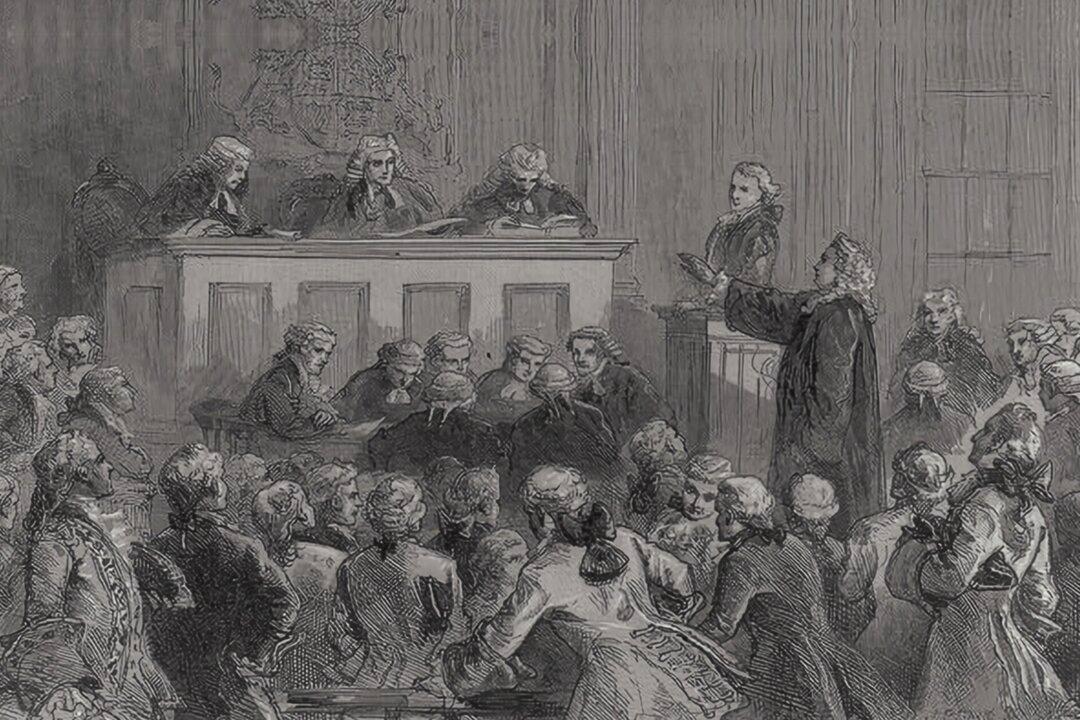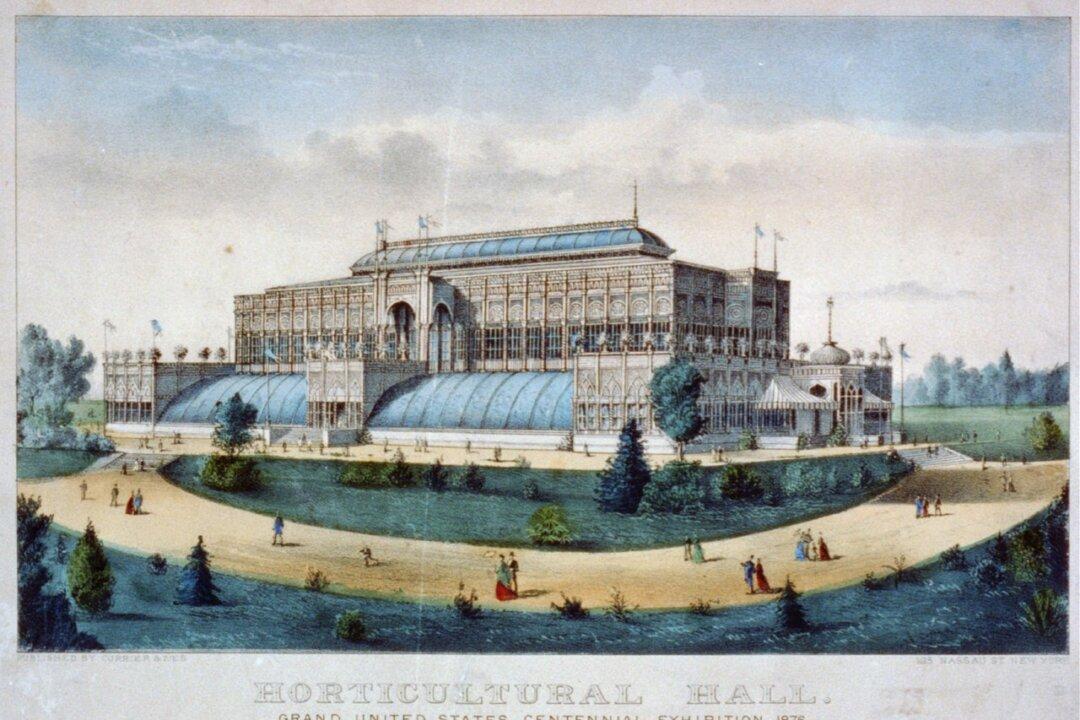By the time George Clymer was 1 year old, both his mother and his father were dead. Orphaned, George was placed in the care of his Philadelphia uncle, William Coleman. Coleman was an extraordinary man—a lawyer and merchant of Quaker stock, a friend of Benjamin Franklin (and member of the latter’s Junto), a founder with Franklin of the American Philosophical Society and the University of Pennsylvania, and a leading philanthropist. In his “Autobiography,” Franklin described Coleman as possessed of the “coolest, clearest head, the best heart, and the exactest morals of almost any man I ever met.” And fortunately for young Clymer, uncle William loved him like a son.
Clymer was educated primarily in the extensive personal library of his new benefactor, where Coleman often found the lad poring over some tome or another. Clymer’s favorite author was Jonathan Swift. He thus developed a predilection for learning at a young age, and before long, he had adopted “republicanism” as a political philosophy. He thus cherished liberty as defined by Thomas Gordon and John Trenchard who, writing anonymously as “Cato” in the 1720s, characterized it as:





